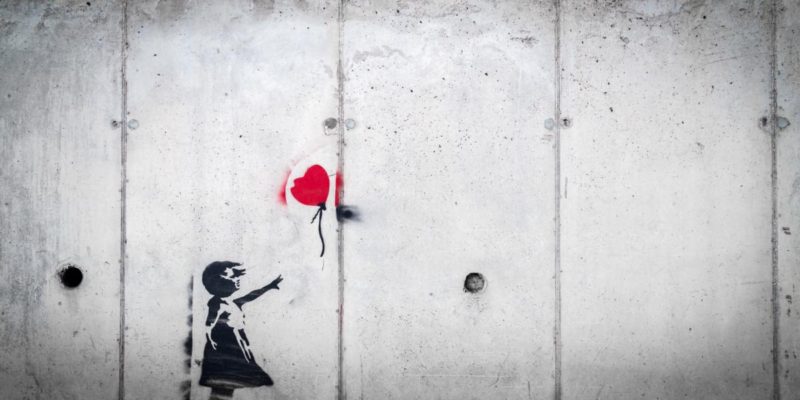Often it seems that people turn to therapy in response to an experience that confronts them with some kind of loss.Certain losses are profoundly disturbing, resisting relegation to that dark internal corner of the mind marked,’To be thought about later.’ Human nature is to defend against the reality of death and the separation and loss of the loved one that a bereavement brings. Other losses may be less acute or traumatic.The loss of a relationship, a job, a friendship or some other treasured and nurtured aspect of life that may for some time have defined you. People mourn the loss of their youth, their children growing up and leaving home. They mourn lost opportunities, paths not taken on their journey through life, decisions and choices made. In her review of CS Lewis’s ‘A Grief Observed’ Hilary Mantel succinctly describes how the ‘pattern’ of all loss mirrors that of the gravest losses, leaving the sufferer to struggle with the physiology of mourning, plunged into grief and fear.It can feel as if we are in an endless cycle of attachments made and lost.
‘Disbelief is followed by numbness,numbness by distraction,despair,exhaustion.Your former life seems still to exist, but you can’t get back to it;there is a glimpse in dreams of those peacock lawns and fountains, but you’re fenced out, and each morning you wake up to the loss over again.’
Freud observed that in a symptomatic and unresolved grief, where the working through of mourning had not been achieved, the sufferer remained in a kind of melancholic and backward looking state, unable to fully disengage from the lost person. Western culture promotes ideals of the desirable mental state as one of resilience, contentment and happiness. There is a societal dread of protracted states of sadness or depression in the individual and an increasing tendency to offer medical ‘diagnosis’ for states of mind that are perhaps an appropriate response to loss and grief.In his book ‘The New Black’ Darian Leader writes;
‘we should see what we call depression as a set of symptoms that derive from complex and always different human stories. These stories will always involve the experience of separation and loss,even if sometimes we are aware of them.’
Current losses evoke old losses.Losses that have been stacked up and left unattended can be revived, triggered perhaps by some especially powerful event.The resultant existential crisis may leave us with no option but to fully engage with our sadness and the question of what it is to be human and endure such separation and loss. Therapy does not, [or rather should not], offer a quick ‘fix’ to the process of loss and mourning.Therapy offers a secure and safe space, one in which the therapist, another mind, can walk along side of the individual whilst they make the difficult journey towards some kind of acceptance and assimilation of whatever it is that has been lost to them. Human life is inevitably overshadowed at moments by loss. Perhaps we do not so much ‘get over’ our losses as learn how to make them a part of our story, however difficult or painful, in order that we can continue along the path of life.Hope may be hard won, but it is on hope that the foundations of therapy are built.
CS Lewis ‘A Grief Observed’.
Darian Leader ‘The New Black’.
Hilary Mantel ‘My heart and body are crying out’ Guardian Review 27th December 2014

